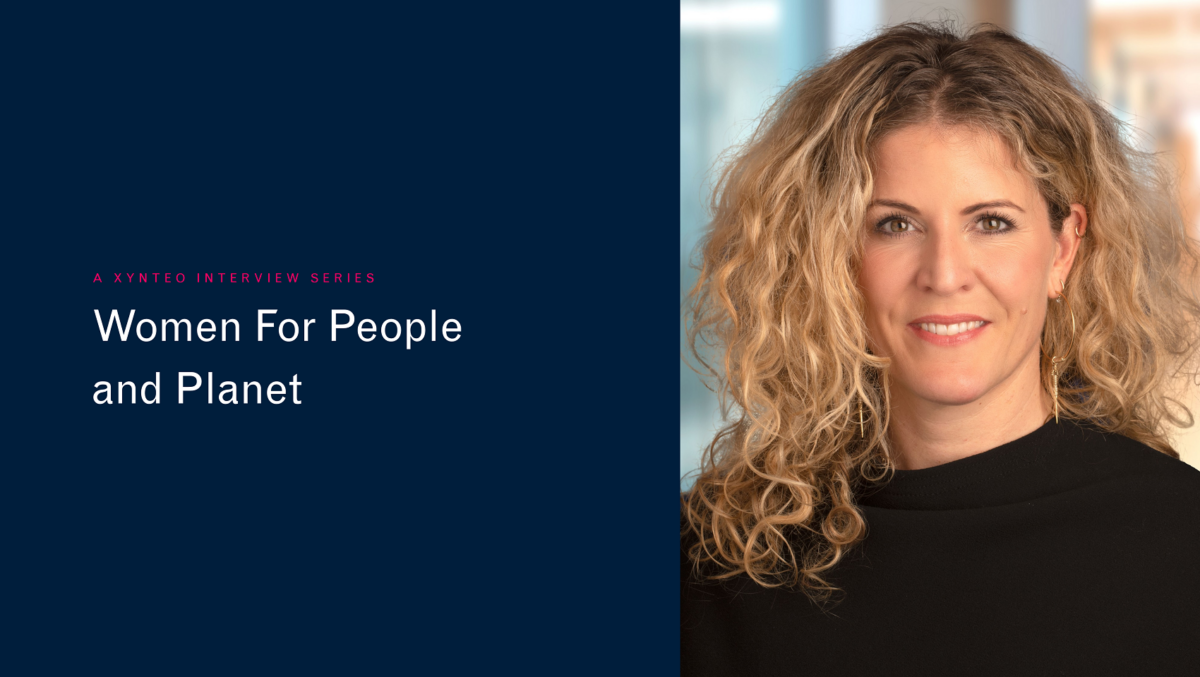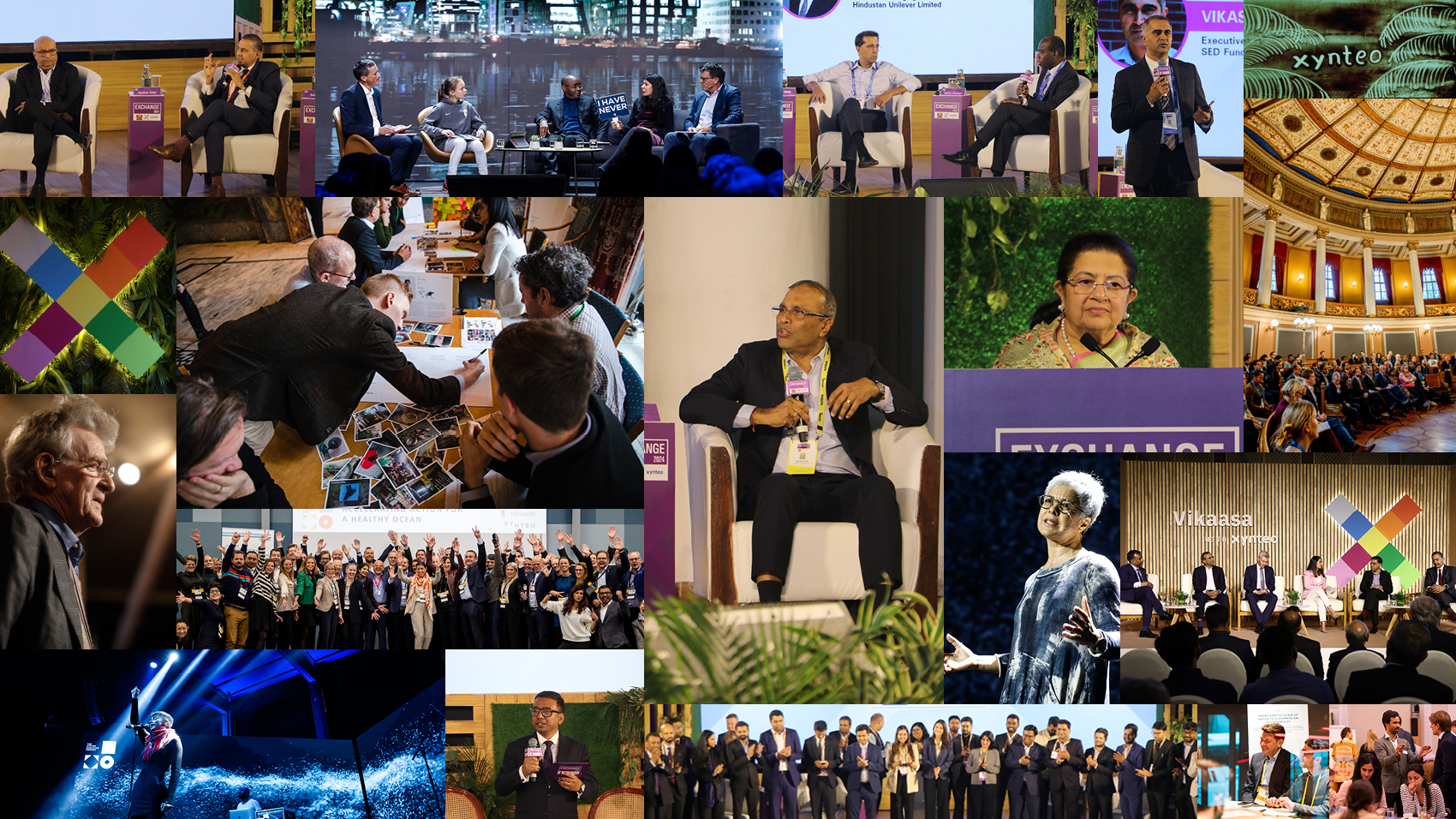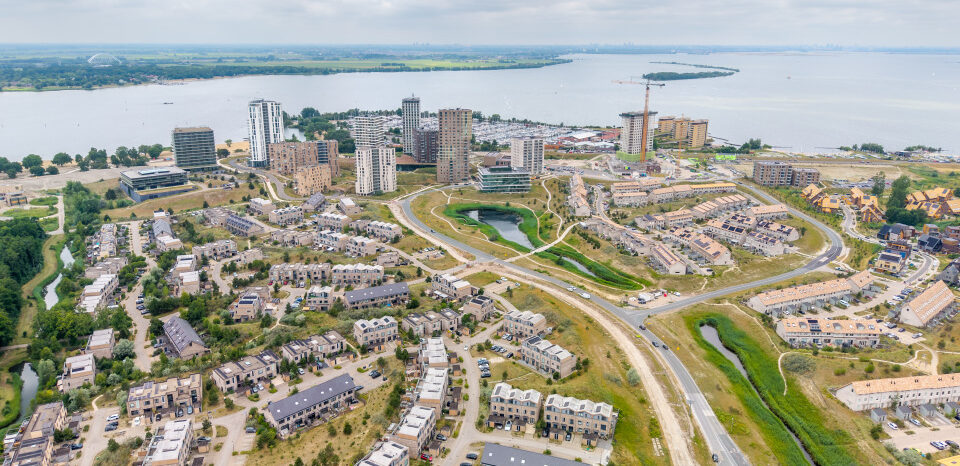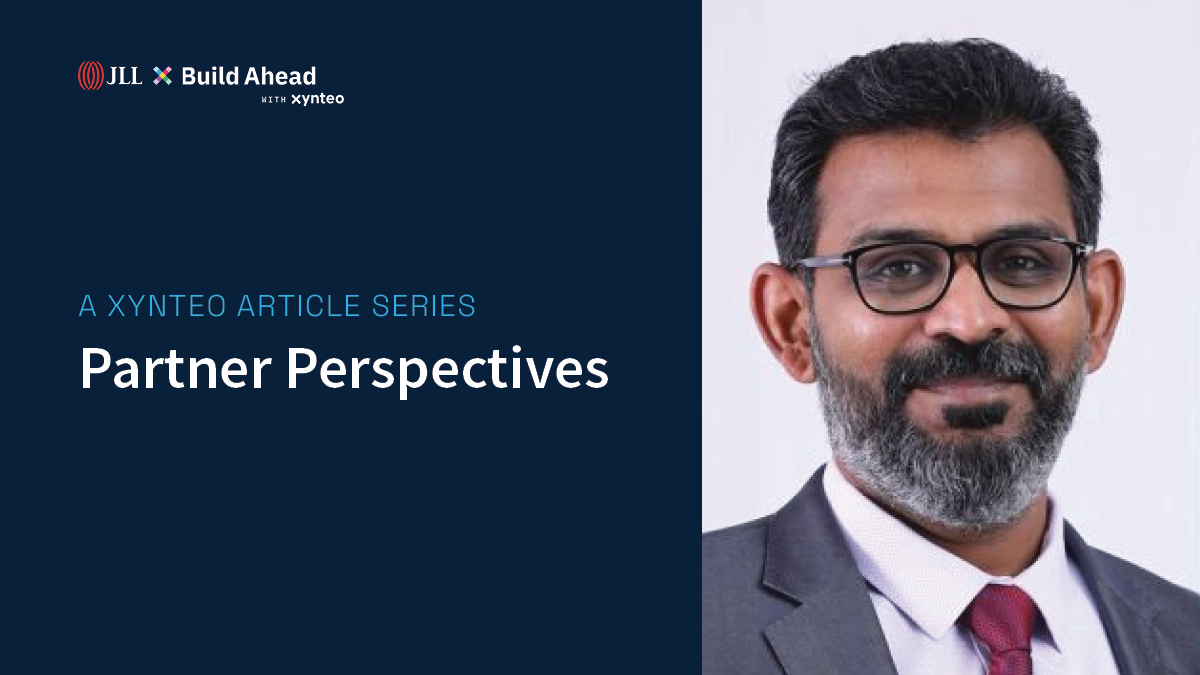Meet Tanja Gihr—the sustainable finance pioneer who left her comfort zone to create impact, empowering companies to tackle climate change through strategic advice and an empathetic listening approach. This green trailblazer embraces being a life-long learner, continuously immersing herself in the ever-evolving sustainability landscape to stay ahead of the game.
Xynteo’s Sally Gray sat down with Tanja to talk about her journey, what she has learnt, and how she sees the future of sustainability in the corporate world.
What does your personal journey towards sustainability look like?
Tanja: As a German, I knew all about recycling and sustainability from an early age, but when I headed Nordic and Dutch financial institutions as an adult and realised they were clearly the leaders in issuing green and sustainable bonds, I saw the need for rechanneling capital into that field.
I also was driven by my own yearning to give something back, as well as the inspiration I received from my friends who were active in that field. One of my friends ran an ethical investment platform. Another one did a TED talk on “What type of ancestor do you want to be?”
So that really got me started. I immersed myself in podcasts and did some courses at Cambridge and the CFA in ESG—and started to network internally and externally to understand how people moved across the field and what skills were needed. And once I decided I wanted to be in this field, it all went fast. The head of our sustainable and impact banking team asked me to set up a sub-team under his umbrella, which we then called “ESG Advisory”. In fact, Barclays was one of the first banks to commit to net zero in 2020. We had a strong team around sustainable capital markets, focusing on green and sustainable linked bond issuance, but we missed out on the strategic slash equity side, and that is what I set out to do. And I loved it. Learning and setting up something from scratch.
What are the skills and experiences that you’ve valued the most on this journey and have equipped you best?
Tanja: I think building up from zero to success really meant I had to understand what both internal and external stakeholders needed. Empathetic listening or listening with emotional intelligence was key to getting it started and winning the right buy-in from the beginning.
Also, working towards getting everyone on the same page is another key factor—very different from what I did before. Leading and thinking in complex systems became a skill I valued.
The third one is learning and staying on the front foot, immersing yourself and being passionate about it. It’s such a fast-moving market that if you stop reading and stop learning, you’ll fall behind immediately.
Resilience is a big one too. If you think back 5-10 years, sustainability wasn’t a topic as we know it today. So, it’s about repeatedly educating everyone and making sure everyone is getting on board. Overall, I think resilience is a critical attribute for achieving sustainable success in today’s dynamic and unpredictable business world.
What opportunities have been the most important to making progress in your sustainability journey?
Tanja: For me, it was my boss back then, who offered me the role. He trusted that the client management skills that I had could transfer into this new environment, and added to my zest for learning. He supported and guided me.
The second person was my colleague who ran climate tech, another amazing female leader! She got me out of my comfort zone and supported me at the same time while I was building out the ESG Advisory team. I think that really made a huge difference and it made it a lot of fun.
It’s not about waiting for someone else to take the first step. We all need to challenge ourselves every day to find ways to contribute to sustainability in a positive way.
What barriers have you faced?
Tanja: I think some of the jargon and acronyms in sustainability and ESG like the SFDR, the CSDDD and the CSRD make it complicated. And then we’re talking about single materiality, double materiality—everyone in this field knows what we’re referring to, but it’s not easy for others. And then there is the issue of getting people to understand what it means to them. It means something very different to me to an investment banker, compared to an institutional investor client or the corporate CFO. People are hesitant because it’s not easy to understand and it’s different for each industry.
And I think we all must work hard on de-mystifying sustainability/ESG and making it more accessible to everyone.
What has been your proudest achievement?
Tanja: It took a bit of soul-searching to realise that the most impact I could have would be within financial institutions. So I don’t think there’s one single achievement, but what we do as a team—working with clients to help them set more ambitious targets or improve the ESG strategy—is an achievement on its own. It’s the small steps that hopefully can create a bigger impact overall.
And then one that’s close to my heart is being a mentor at Unreasonable, an amazing impact-for-profit accelerator for scale-up companies for the last 4-5 years. It really feels like giving back something on a very different level—working with all those inspiring entrepreneurs who work hard every day to create a better future for all of us.
How do you see the future of the CSO role/sustainability teams in the board room?
Tanja: We often discuss with our clients what the right ESG governance structure should look like. And it’s very clear that the ask from investors is to have board oversight of sustainability topics. I had a look at the number of boards with the Sustainability Committee, and it’s gone up—from 54% in 2019 to 80% in 2022.
I’m clearly biased, so I’m not surprised because boards play a crucial role in providing guidance and oversight to a company, ultimately contributing to its long-term success. And sustainability is a core pillar of that. This might be visible in many ways, be it via ever-changing regulatory requirements or changing consumer trends driven by sustainability preferences, possibly impacting a company’s overall strategy.
We also see an increasing link between long-term performance and sustainability and have more data points to support it.
And a board needs to be able to address this. The question then is how do you manage that? Do you have a separate sustainability committee? Do you have a special advisor? Do you upscale the board? In any case, I think “sustainability knowledge” is going to be a skill that will be increasingly needed in boardrooms.
Anything else you’d like to add?
Tanja: I think that the key is there’s no single solution. And we all need to challenge ourselves every day to find ways to contribute to this big topic in a positive way. It’s not about waiting for someone else to take the first step. Everyone can contribute. So take the plunge and make your own step now!
To be inspired by all our latest interviews, visit our Women for People and Planet interview hub.
Read moreStay up to date with our latest interviews by following us on social media (LinkedIn I Twitter), or Contact Us to find out how we can help your leaders and organisation create people and planet-positive impact.



